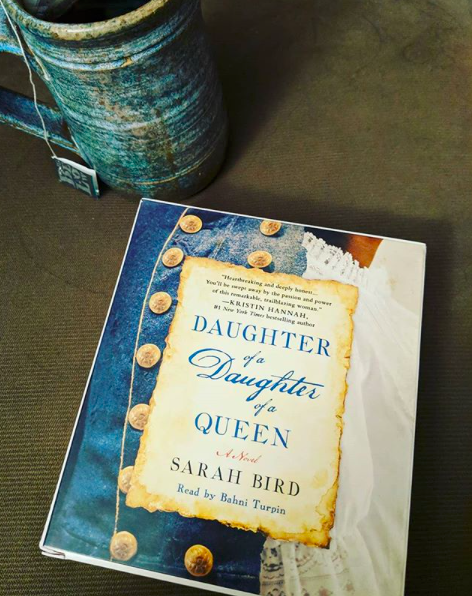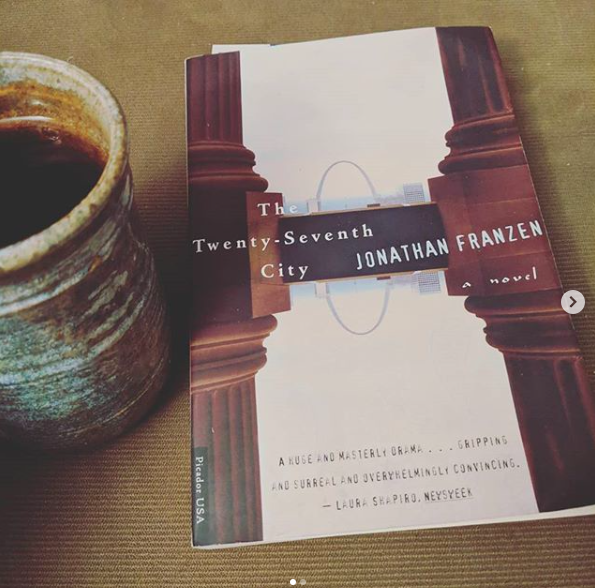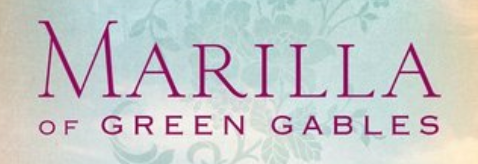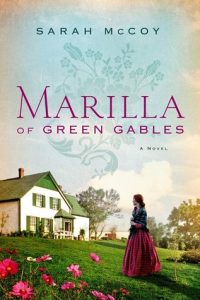
I won an audio version of Sarah Bird‘s Daughter of a Daughter of a Queen through Goodreads. I then managed to convince my bookclub to read it this month, which means I actually got around to reading it. Double win.
Description from Goodreads:
Though born into bondage on a “miserable tobacco farm” in Little Dixie, Missouri, Cathy Williams was never allowed to consider herself a slave. According to her mother, she was a captive, bound by her noble warrior blood to escape the enemy. Her means of deliverance is Union general Phillip Henry “Smash ‘em Up” Sheridan, the outcast of West Point who takes the rawboned, prideful young woman into service. At war’s end, having tasted freedom, Cathy refuses to return to servitude and makes the monumental decision to disguise herself as a man and join the Army’s legendary Buffalo Soldiers.
Alone now in the ultimate man’s world, Cathy must fight not only for her survival and freedom, but she vows to never give up on finding her mother, her little sister, and the love of the only man strong and noble enough to win her heart. Inspired by the stunning, true story of Private Williams, this American heroine.
Review:
I want to start out with praising Bahni Turpin for her narration. Historical fiction isn’t a genre I gravitate toward and I don’t know if I’d have made it through this one without Turpin’s reading of it.
Next, I want to warn that there is a spoiler in this review. In fact, I should just get it out of the way. SPOILER: Bird does not give these characters their happy ending! Hopeful, I might call it (if 20 years too late), but not happy. I get that Bird may have been constrained by historical fact, but I was still hugely disappointed by this. (And there are so few details available about Cathy that I have to wonder if Bird couldn’t have made it work if she really wanted to.)
Beyond that I appreciated the beautiful use of language (having the audio version really helped with this). And I thought Bird really highlighted some aspects of slave life that gets glossed over in a lot of fiction. For example, when everyone was up in arms over a white girls being kidnapped by Indians and a free slave asking, Who hasn’t seen worse done to our by a Master? Or when a black soldier was speaking passionately about not wanting a white woman (as all white men seem to assume he does), but a black woman. These were moments that touched me and felt real.
A caveat: Maybe it is a simple reality of writing race, but I was never able to allow myself to forget that Bird is white. So, beautiful as these scenes might be, there was always a grain of “It feels right, but I’m white and she’s white, maybe it only feels right to us who have never faced this head on. I hope that’s not the case, but…” Certainly I’ve seen other reviewers take issue with some aspects of the representation. And there were definitely whiffs of Cathy being better than other slaves, which is problematic in the same way writing a female character that is somehow ‘different’ and ‘special’ and ‘better’ than ‘those other girls’ is inherently anti-female in general. So, I leave open that there may be problematic aspects I didn’t highlight.
I did think the story repeated itself at times and dragged a bit through the middle. There were a few “too coincidental to be believed” moments (the prostitute scene, for example) and I just can’t accept the ending. It looped around and gave Cathy something she’d wanted early on and left the possibility of happiness in the future. But that wasn’t enough to really satisfy me. All in all, however, I liked it well enough.
Edit: I had bookclub the other day and we discussed this book, as it was our monthly read. I brought up my opinion that Cathy was a little too much of the “special” girl for my taste, that I thought it was problematic because (as I said above) it infers that had other slaves been more like her they would’t have been slaves. Someone countered that they disagreed. They thought it was supposed to focus on how influential what we’re taught to be is. Cathy was taught to be something and if others had been raised as she was there would have been more empowerment. My friend argued that the moral is meant to be the importance of how children are taught to view themselves. You’ll have to decide for yourself which you think is the right interpretation.


 I won a copy of
I won a copy of